Nieuw leerprogramma voor zakelijke museumprofessionals
Hoe zorgen we ervoor dat de museumsector financieel gezond blijft en toekomstbestendig is? Op welke manieren kunnen we musea transformeren tot duurzame en aantrekkelijke werkplekken? En op welke wijze stimuleren we inclusiviteit en diversiteit? Deze urgente vragen staan centraal in het nieuwe leerprogramma Leiderschap in Cultuur (LinC) x Museumvereniging. Uitdagingen LinC x Museumvereniging is ontstaan op initiatief van de Museumvereniging…

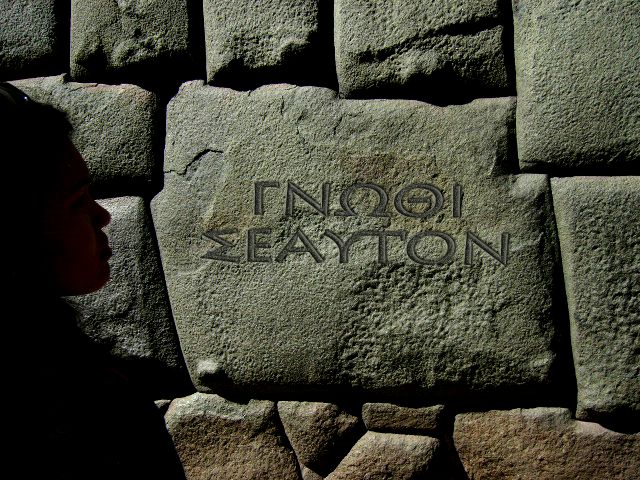
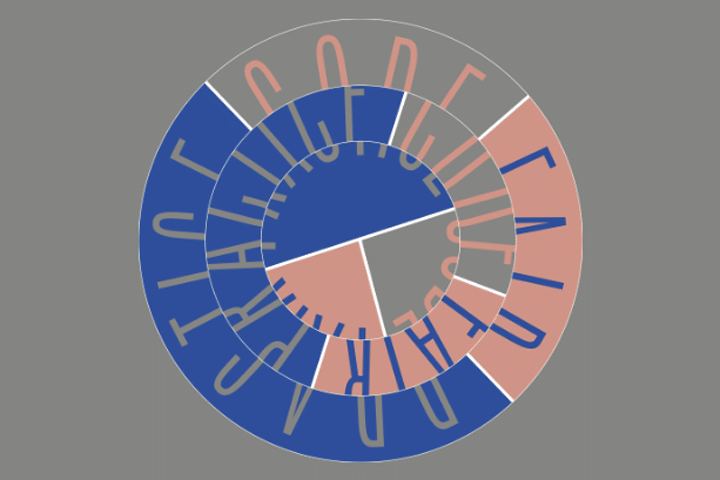

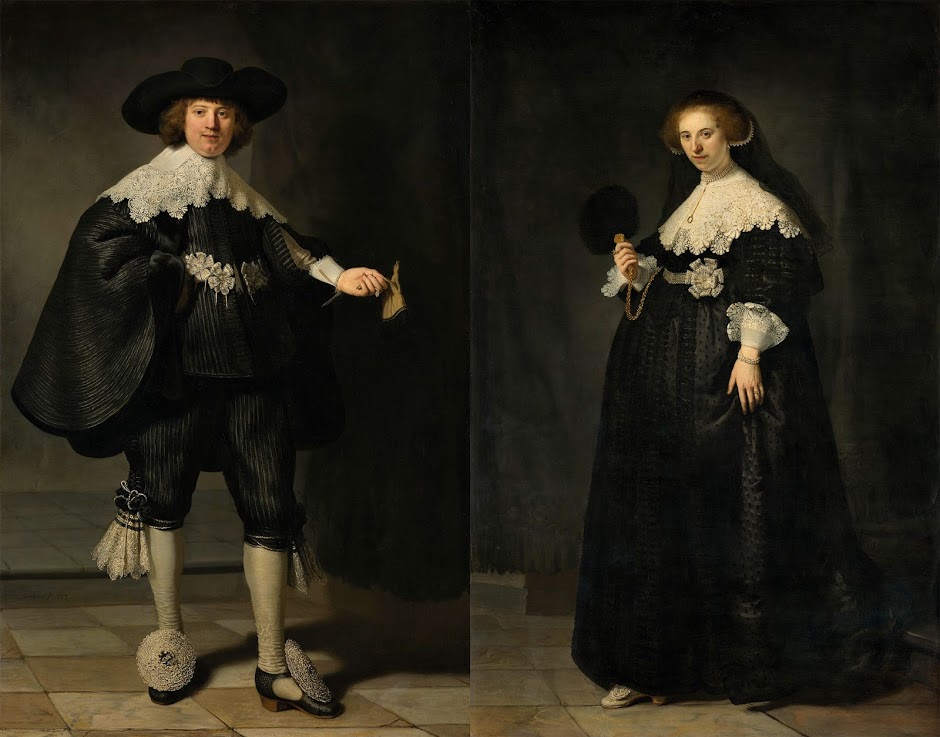
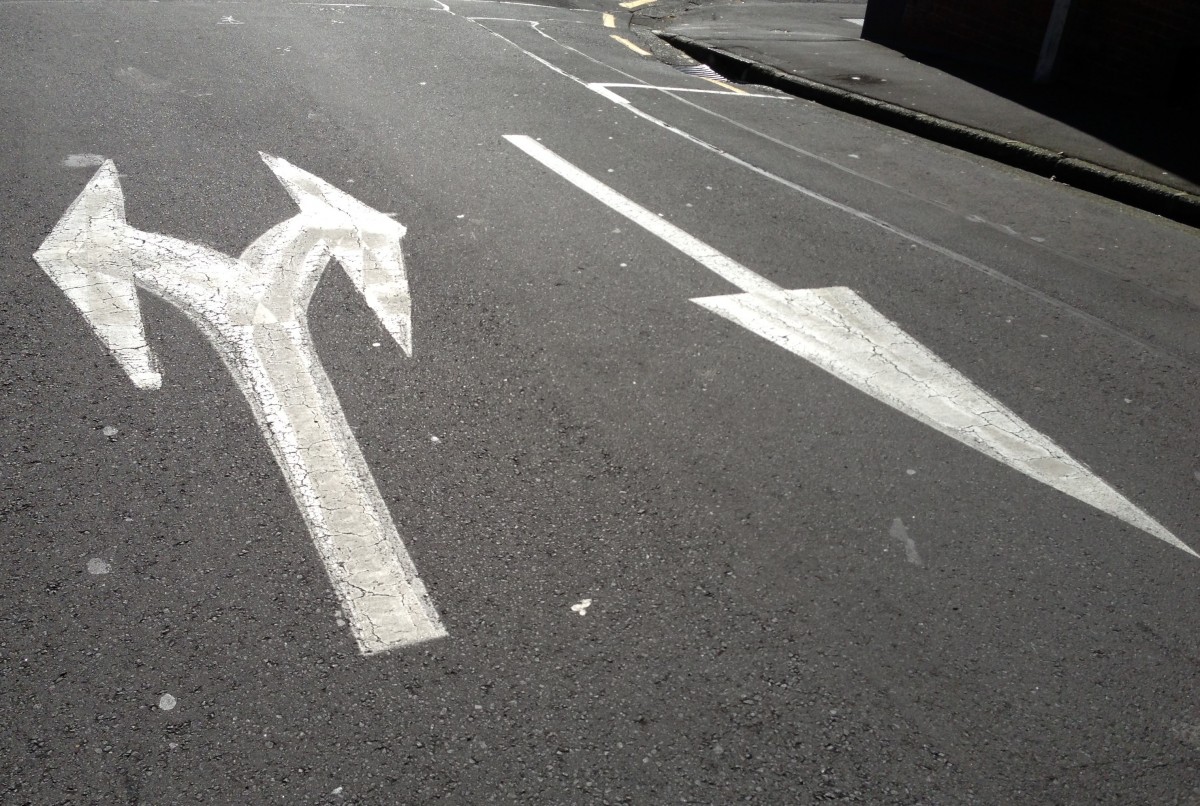
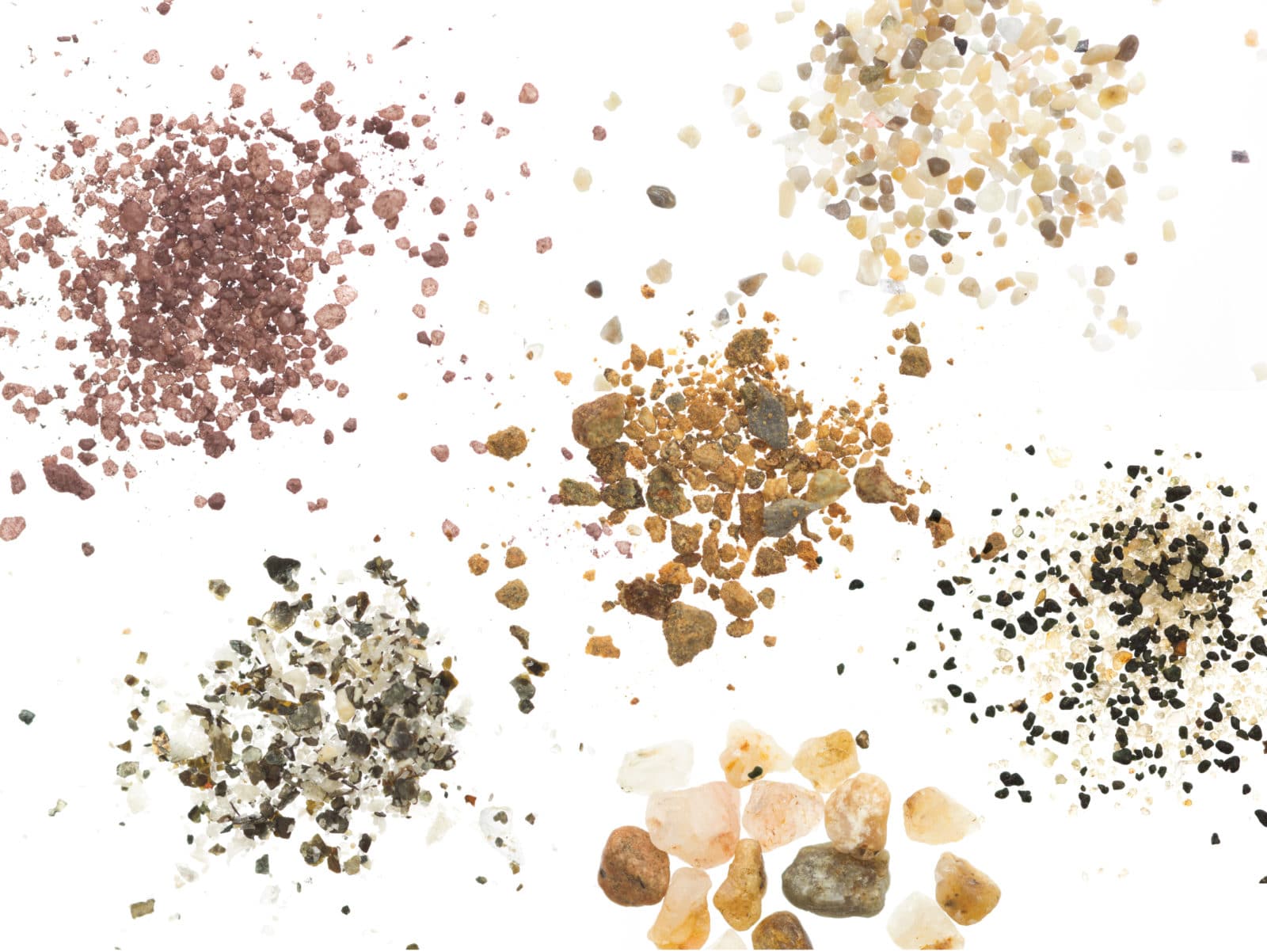
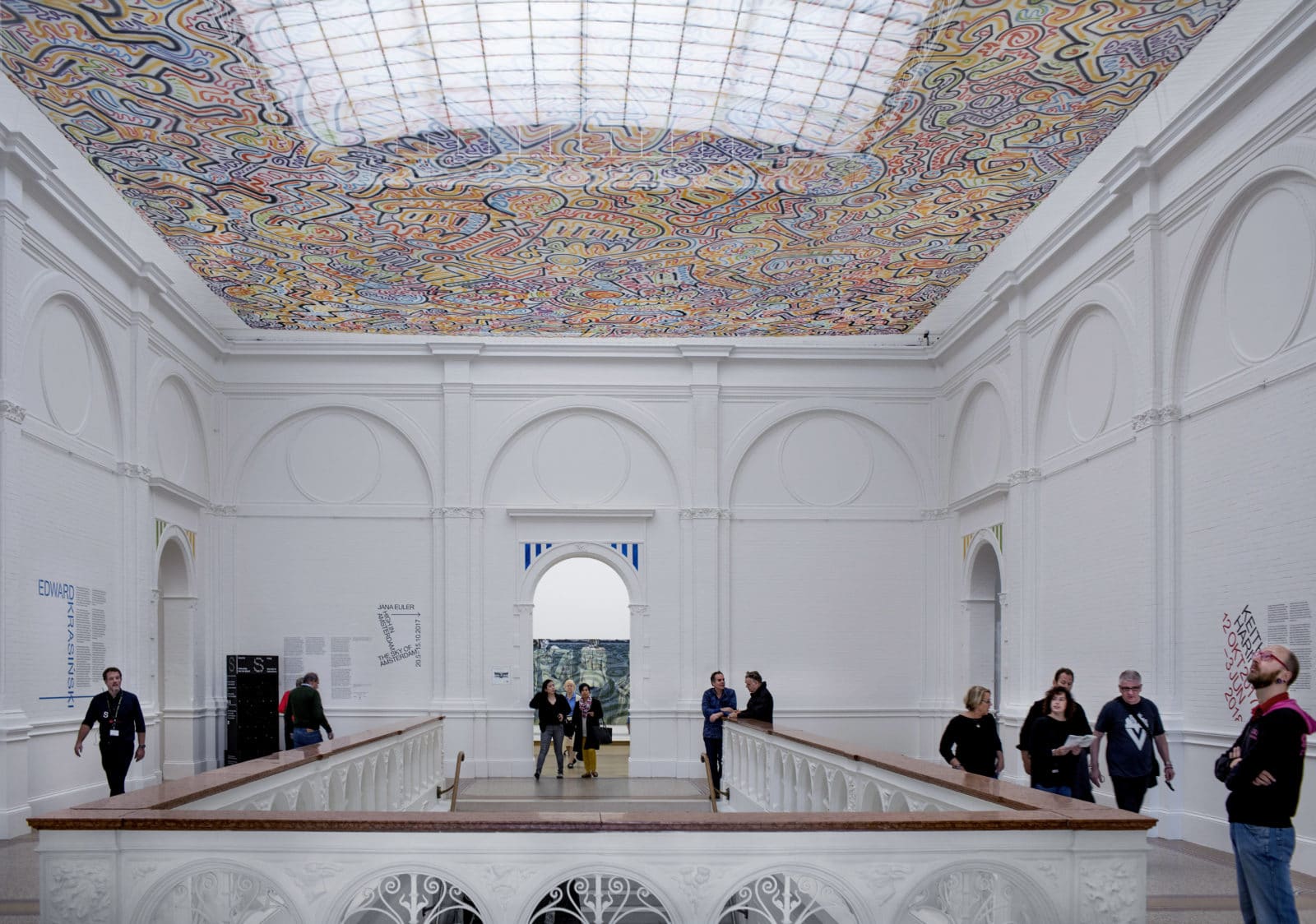

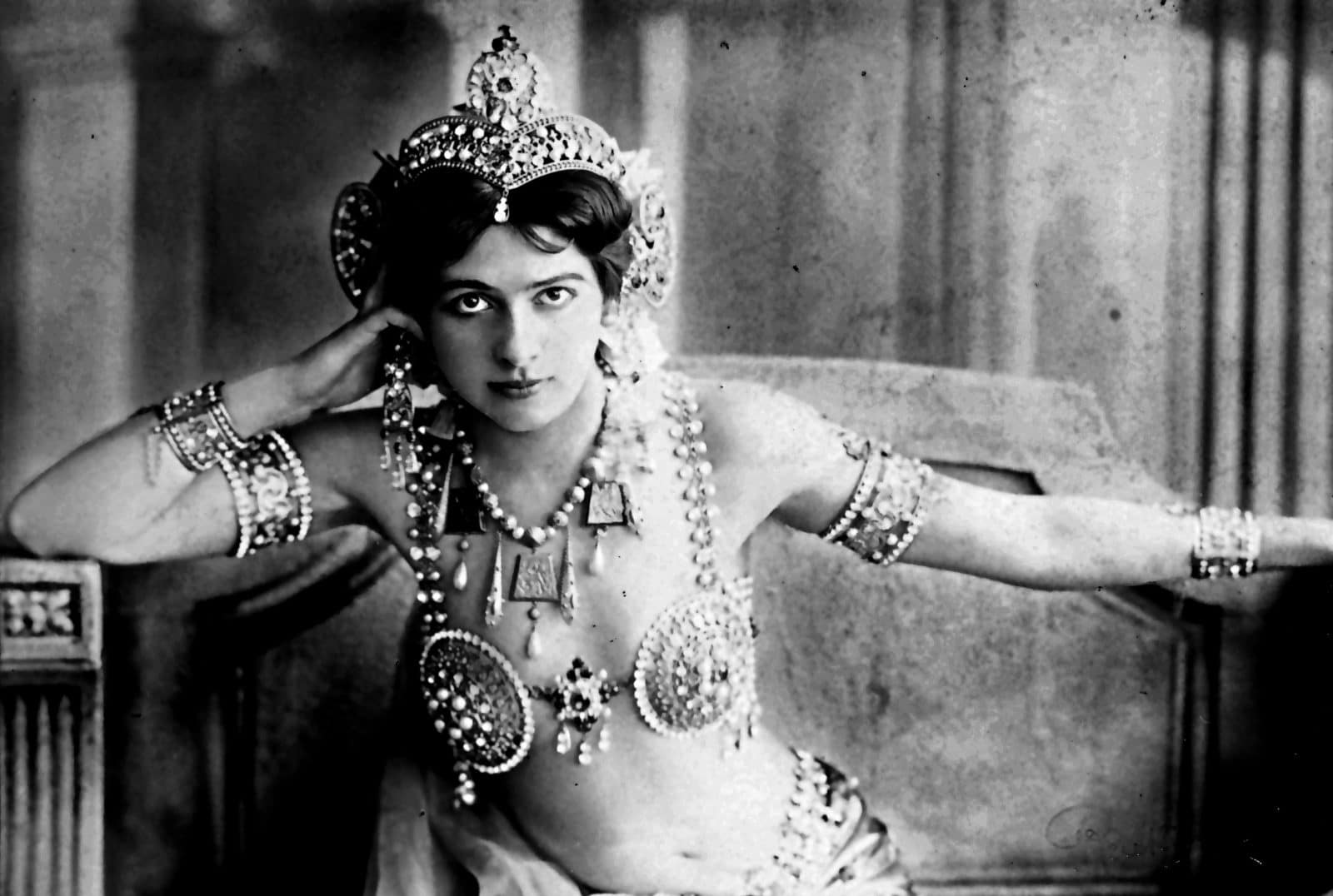
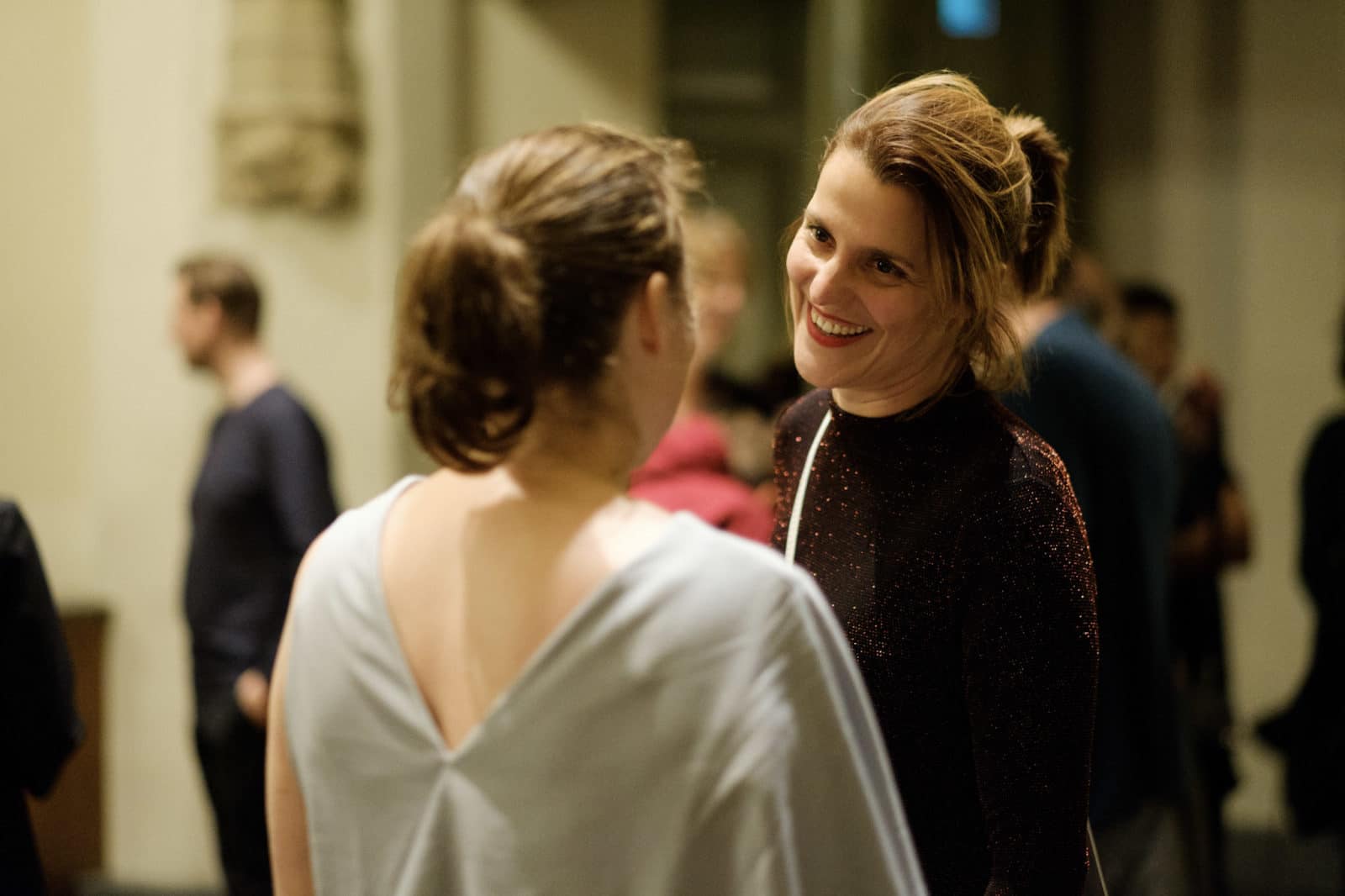

Je moet ingelogd zijn om een reactie te plaatsen.